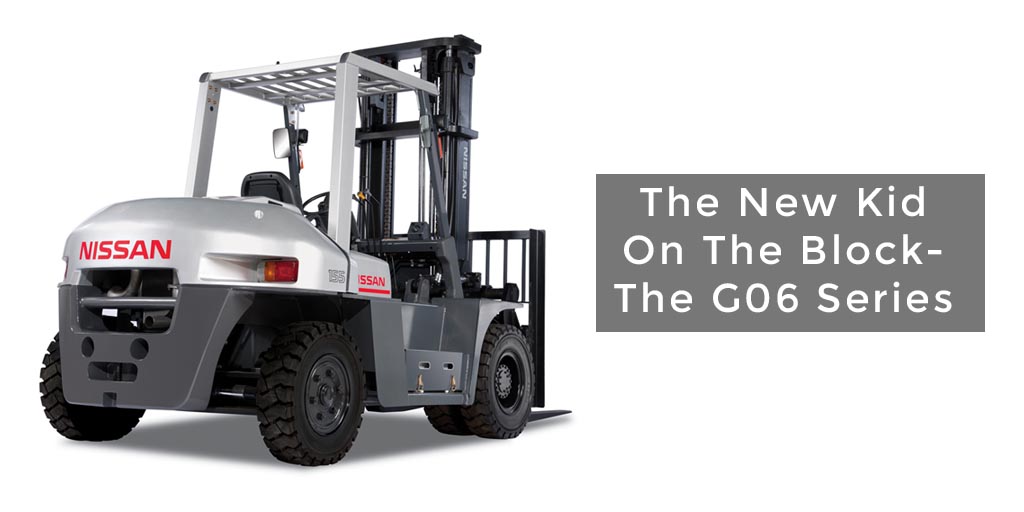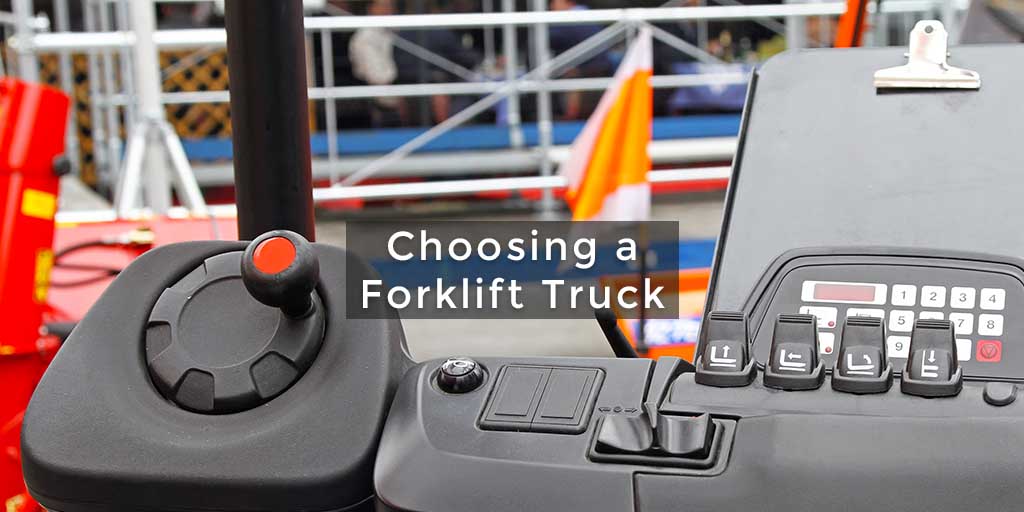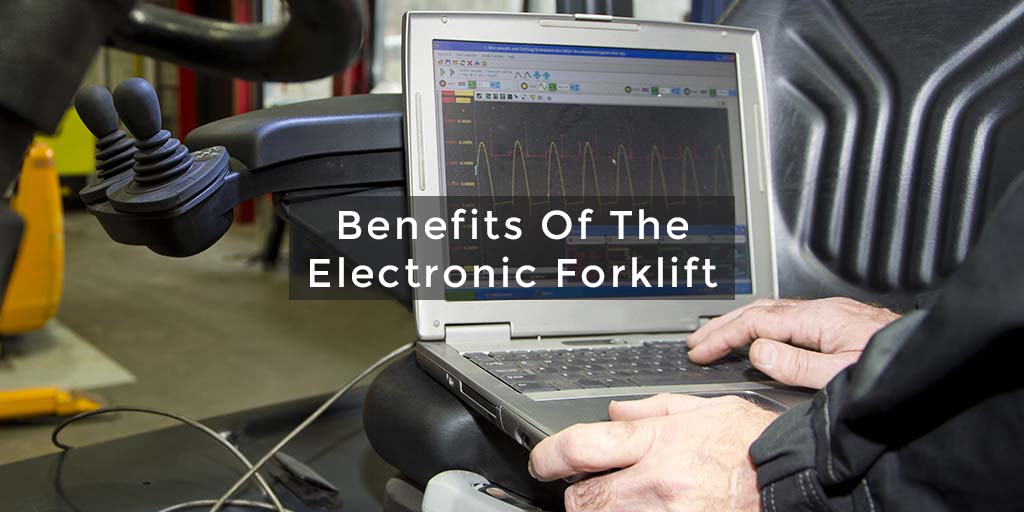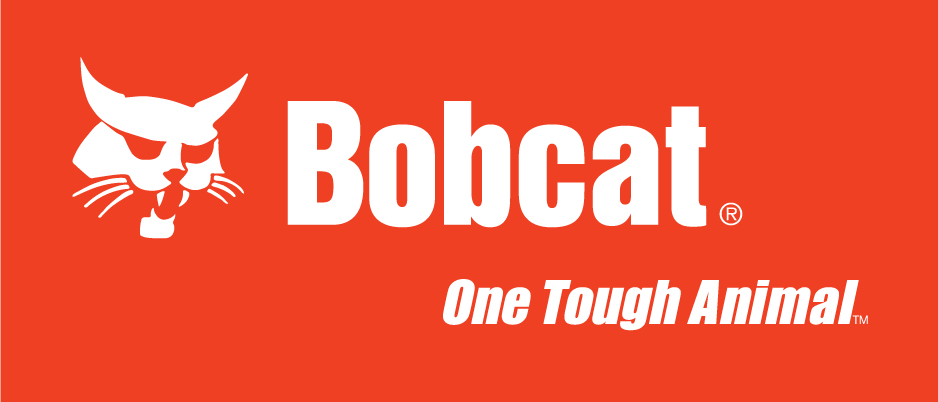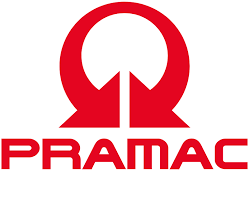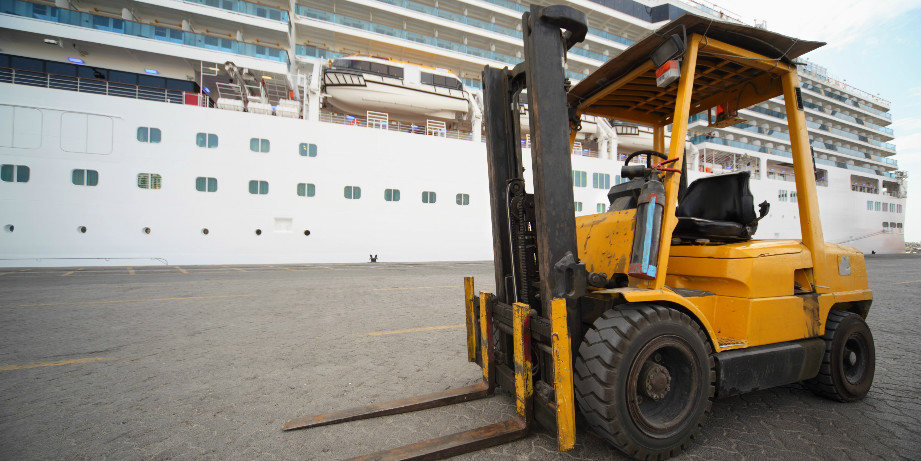
Here at H&F Lift Trucks, we stock a range of diesel, gas and electric forklifts – all of the highest quality. But what are the differences between the range of forklifts, and which should be used in each specific environment? We’re going to take you through the pros and cons of diesel, gas and electric forklifts so you can decide which type will suit your individual requirements.
Diesel Forklifts
Pros:
- They are more fuel efficient than gas forklifts.
- The higher torque makes them better on gradients and more powerful for towing duties than other types of forklifts.
- The cost of fuel is cheaper than gas forklifts.
- Have a longer engine/shelf-life than gas forklifts.
- Can be used at any time, day or night without charging for complete convenience.
- Performance is superior than electric forklifts
- Rearward visibility is great.
Cons:
- The emissions produced from diesel forklifts are bad for the environment
- Realistically they should only be used outdoors, however they can occasionally be used indoors with the addition of exhaust catalysts and purifiers which come with an added expense. Proper ventilation must also be available.
- Have the second highest maintenance costs after, propane gas forklifts.
- The price of fossil fuels is rising so running costs may increase.
- They can be quite noisy when operated.
- Purchase price is usually higher than a propane gas forklift.
Electric Forklifts
Pros:
- The most environmentally-friendly forklifts with no harmful emissions.
- The quietest forklift to use.
- Very maneuverable.
- Cheaper to run due to the lack of fuel needed.
- Can be very compact in size which makes for easy storage.
- Maintenance and servicing costs are cheaper compared to fuel driven forklifts.
- Easier to drive than engine powered forklifts.
Cons:
- Higher initial cost due to the battery and charger.
- Because they need charging, they are sometimes out of use which isn’t convenient.
- Not really suitable for use outside, especially in wet weather.
- Limited use on gradients and floors such as shale or hard standing.
- Repairs are not easy to do and often need a specialist.
- Performance isn’t as high as engine powered forklifts.
Gas Forklifts
Pros:
- The initial purchase is cheaper than both electric and diesel forklifts.
- Can be used both inside and outside.
- Parts for the engines are readily available and are often at competitive prices.
- Are quieter to run than diesel forklifts.
- Travel speeds and acceleration levels are higher than both diesel and electric forklifts, as is performance in general.
- Very manoeuvrable.
- Can be used at any time, day or night.
Cons:
- Maintenance and fuel costs are higher than any other type of forklift.
- They need a winter service to ensure they stay operational during colder temperatures.
- Can often run out of fuel without warning as pressure switches and gauges are quite poor/often missing.
- Require an operator that has a higher skill level than what you need on diesel or electric forklifts.
- Can be hard to tell when there’s a problem with a gas forklift which can lead to more repair costs if it continues to be used.
- The price of fossil fuels is rising so running costs may increase.
- Including running costs, servicing, maintenance and repair, gas forklifts are the most expensive to have overall despite their cheap initial purchase price.
Whether you want to contact us about forklift truck hire, or are looking for used or new forklifts for sale, we have a range of diesel, gas and electric forklifts available. Contact us to discuss your requirements.


